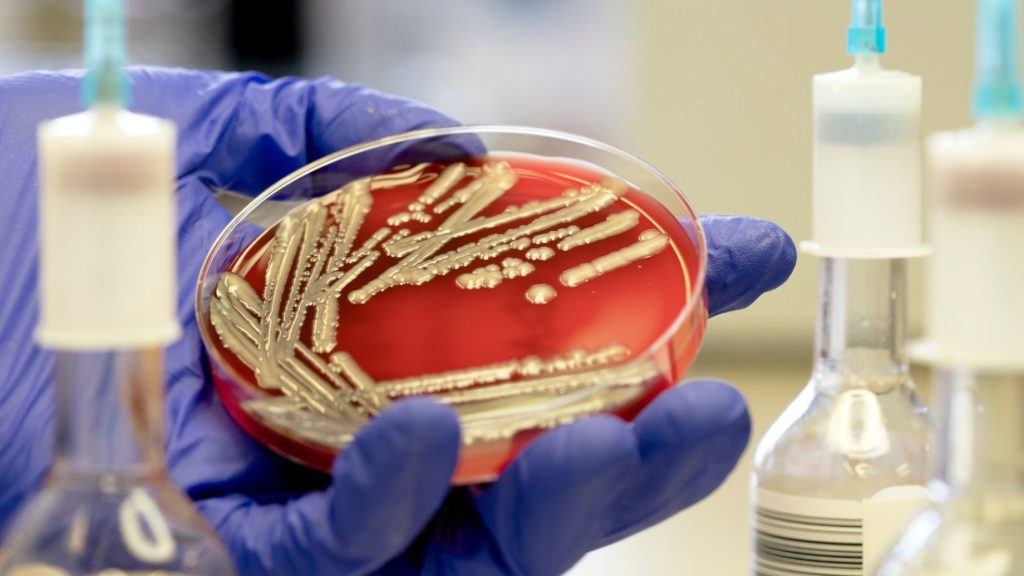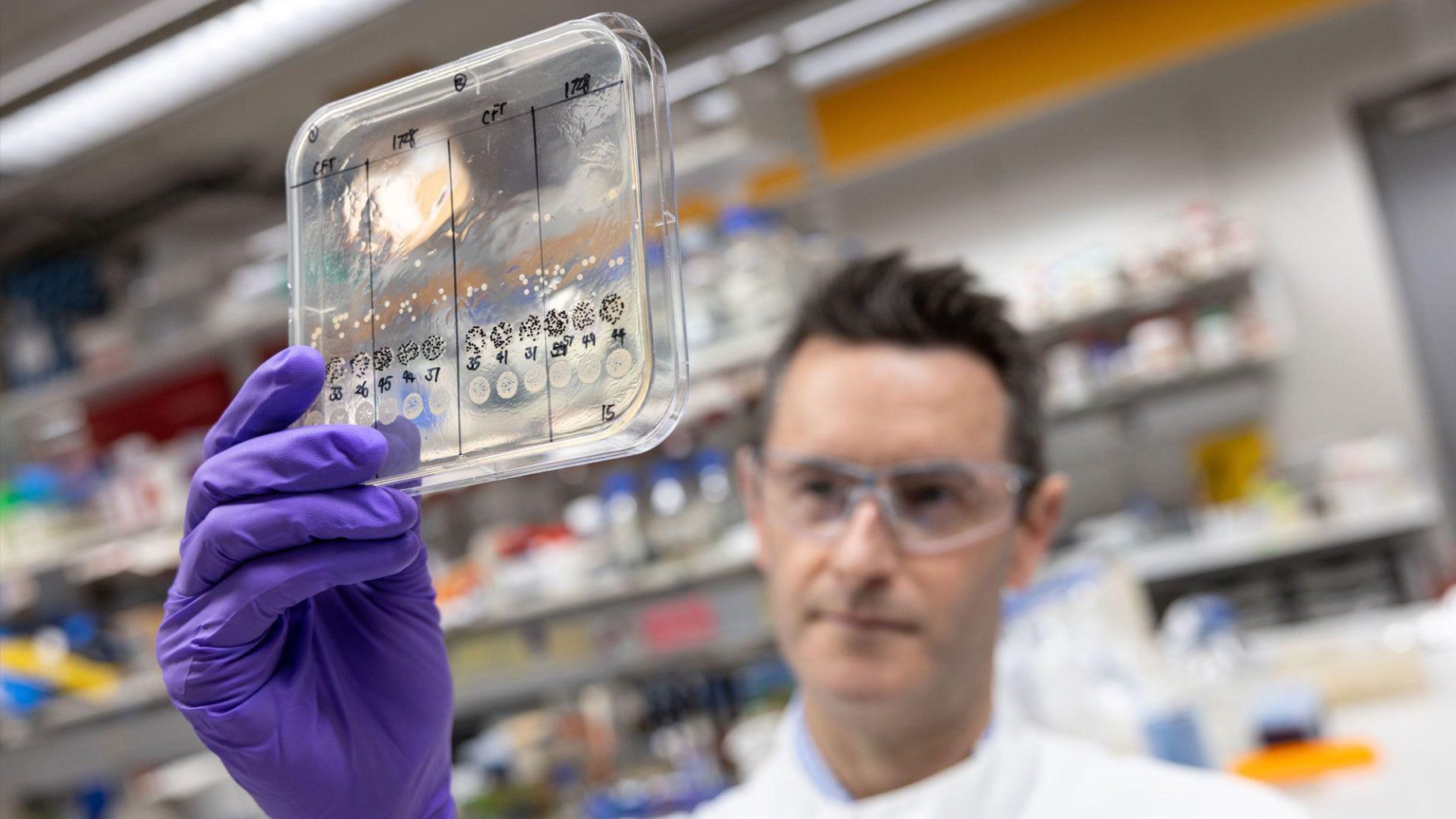The UK has launched a £45 million scientific initiative to tackle the urgent problem of antimicrobial resistance (AMR), where infections develop resistance to existing treatments.
This pioneering collaboration between the Fleming Initiative and pharmaceutical company GSK uses artificial intelligence (AI) alongside advanced laboratory research to speed up the discovery of new antibiotics and treatments for resistant superbugs and dangerous fungal infections.
AMR is a growing global health crisis, causing around one million direct deaths annually and contributing to millions more. Without effective new treatments, these numbers are expected to rise sharply.
The initiative funds six major research programmes targeting priority areas, including the challenging Gram-negative bacteria such as Escherichia coli and Klebsiella pneumoniae, which have robust cell defences that make them difficult to treat.
Imperial College London, GSK, and partners are applying AI to analyse vast molecular data and create machine learning models. These models help scientists design antibiotics that can bypass bacterial defences effectively.
Dr. Andrew Edwards explains, “The sort of AI that people are using routinely today is built on the sum total of information on the internet – it doesn’t just produce answers out of thin air.” He adds, “If you want to make progress, you have to have data.”
The project also aims to combat fungal infections caused by Aspergillus mould, which pose a severe threat to immunocompromised patients. Current antifungal options are limited, and AI is being used to uncover unique fungal vulnerabilities for new drug development.

Beyond drug discovery, AI models will also predict how drug-resistant pathogens emerge and spread, alongside clinical trials to optimise antibiotic use and research informing global health policies. Approximately 50 new research roles are being funded to build expertise in this critical field.
Alison Holmes of the Fleming Initiative highlights society’s dependence on antibiotics for infections ranging from minor wounds to surgery, stating, “Whether it’s that time we stepped on a nail and got cellulitis following an insect bite or our C-section wound, or our UTI, or our STI – we all depend on them.”
Dr. Edwards warns of the stark reality in places like Ukraine, where resistant infections have led to amputations: “That means that limbs have to be amputated. I would say it’s a glimpse into the future, but it’s happening right now, it’s a pretty horrific thought.”
Tony Wood, GSK’s chief scientific officer, expresses hope that this initiative will “open up new approaches for the discovery of novel antibiotics as well as anticipate and outpace the development of resistance to transform the treatment and prevention of serious infections.”
Antimicrobial resistance remains a formidable challenge, but this initiative blends historic insights with AI-driven innovation to accelerate solutions for this pressing healthcare crisis.

